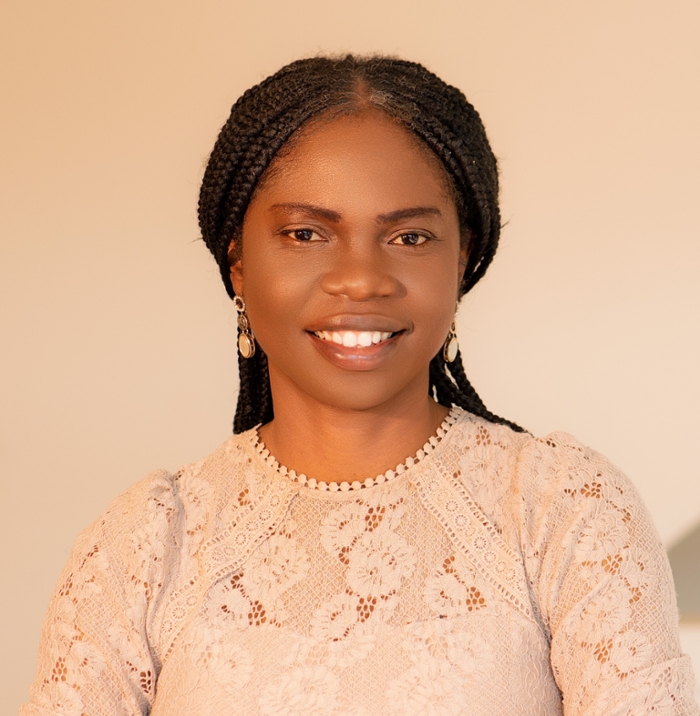
Dr. Adebiyi's research focuses on understanding how myelin integrity is disrupted in neurodegenerative diseases and following exposure to potentially toxic metals. She is particularly interested in the impact of demyelination on cognition and higher brain functions, aiming to uncover the molecular mechanisms underlying demyelination and develop innovative therapies to promote remyelination and enhance cognitive function.

Dr. Babu is an Associate Professor in the Department of Biochemistry at the University of Regina. He is an internationally recognized leader in network biology, and a pioneer for mapping epistatic relationships and membrane-associated protein complexes in prokaryotes and eukaryotes. His research excellence has been acknowledged with a CIHR-IG Maud Menten new investigator award. He is an advisory board member of the international mitochondrial (mt) human proteome initiative and a team leader of the mitoNET Canada. Building on years of groundwork using large-scale proteomics and quantitative genetics, his research work aims to address how mt protein dysfunction contributes to the pathogenesis of neurodegenerative disorders (e.g. Alzheimer's, Parkinson's, ALS), and how these disease associated mt proteins organize and function in cellular pathways and macromolecular assemblies in human neurons. By focusing on these gaps, he aims to uncover causal mechanisms and mt protein-specific pathway targets to treat the underlying mt disorders.
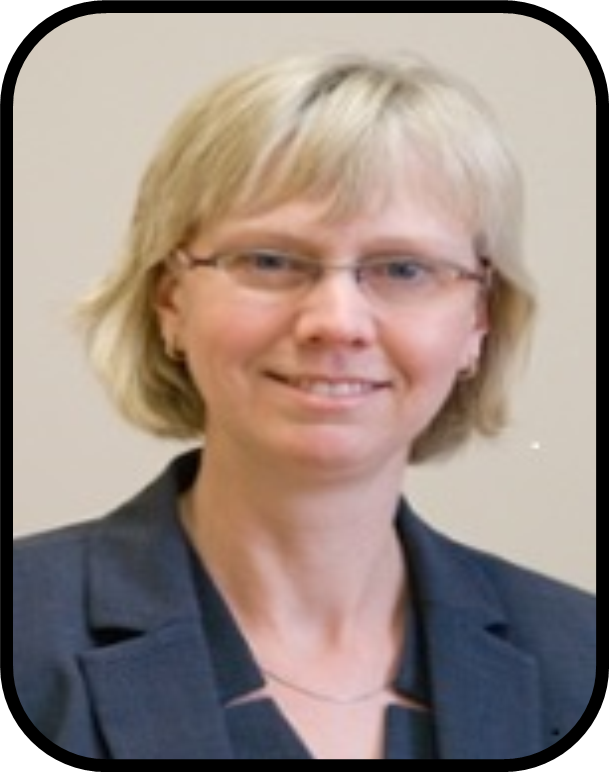
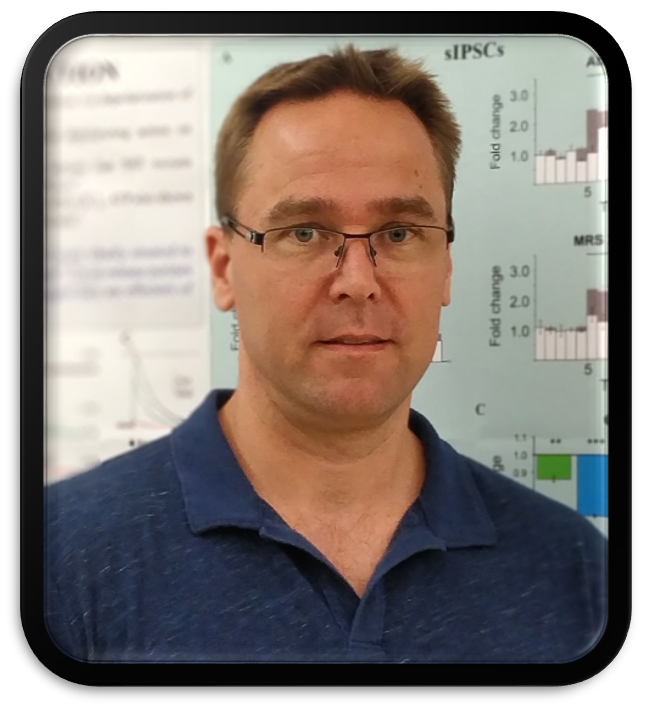
Dr. Bekar has two primary research directions. One explores the role of inflammation, stress and diet on neurodegenerative processes in non-transgenic mice. The other explores the role of astrocytes in neuromodulator-mediated changes in sensory processing that are associated with our behavior and perceptions. Techniques in the lab consist of whole mouse behavior, extracellular/intracellular/ion-selective electrophysiology and basic biochemistry/histology.
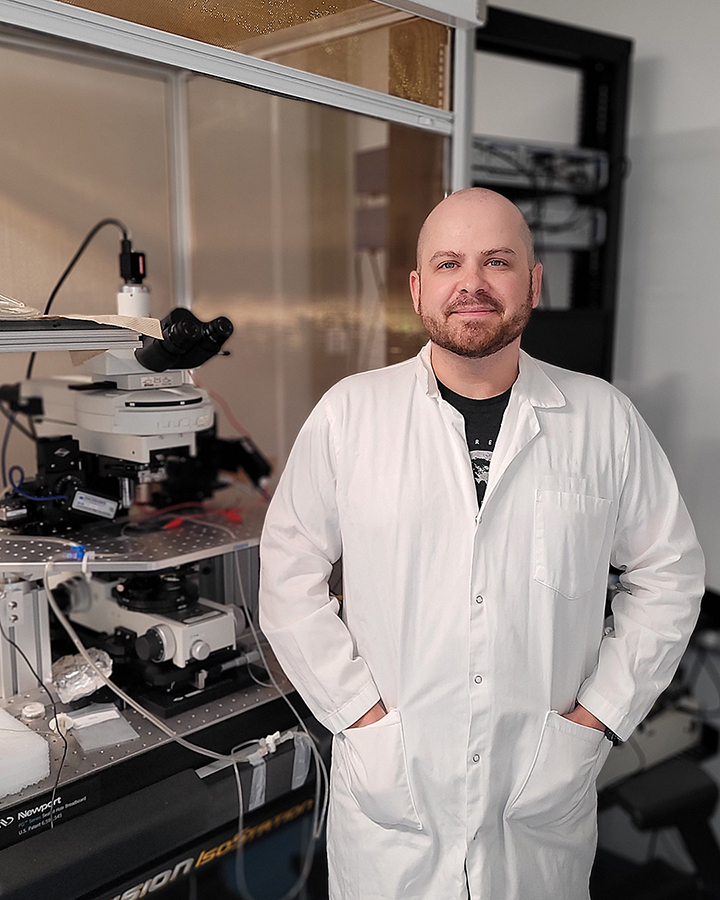
The Botterill laboratory studies cells and circuits that contribute to health and disease. Our basic science pillar is focused on investigating circuits that regulate learning, novelty, and affective behvaiours. Our health sciences pillar is focused on studying the cellular and circuit mechanisms that contribute to temporal lobe epilepsy to identify novel therapeutic targets. To address these questions, we use transgenic mice, viral vectors for cell-type specific tracing and/or manipulations, electrophysiological recordings, rodent behavioural testing, biochemistry, and microscopy.
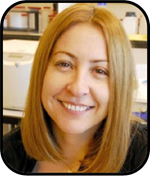
Dr. Campanucci explores the impact of diabetes and chronic inflammation on the nervous system. Interests: diabetes; patch-clamp electrophysiology; live imaging in vitro; inflammation; transgenic mice; mitochondrial morphology and traffic.
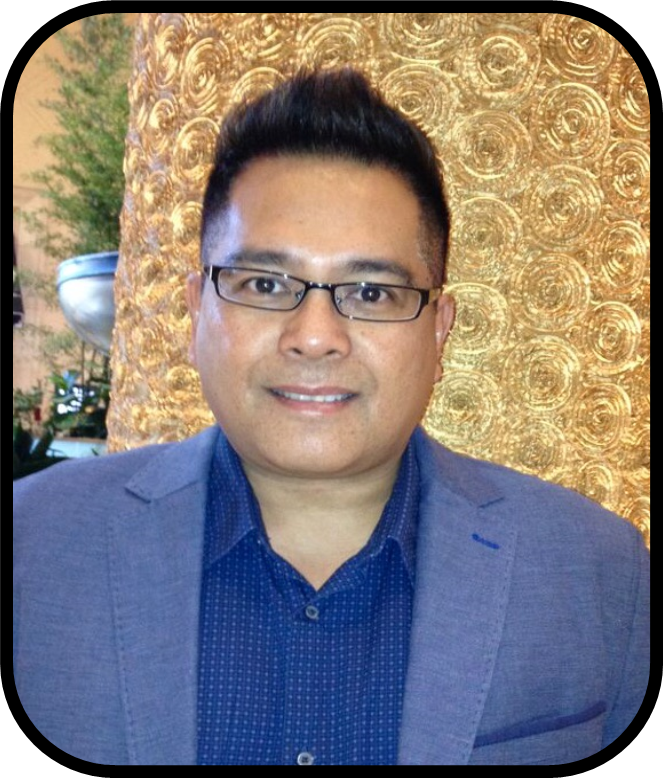
Dr. Cayabyab works on adenosine receptor signaling in neurological diseases, and the biology of breast cancer and brain cancer. Interests: stroke; Parkinsons's disease; epilepsy; neurophysiology; confocal imaging; biochemistry; synaptic plasticity and behavior.
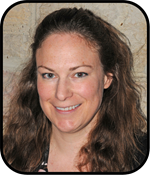
Dr. Chlan’s research focuses on the neurodevelopment of schizophrenia and Autism, the neuropathology of Alzheimer's Disease, and educational research. Interests: neurodevelopment; molecular neuropsychiatry; neuroanatomy.
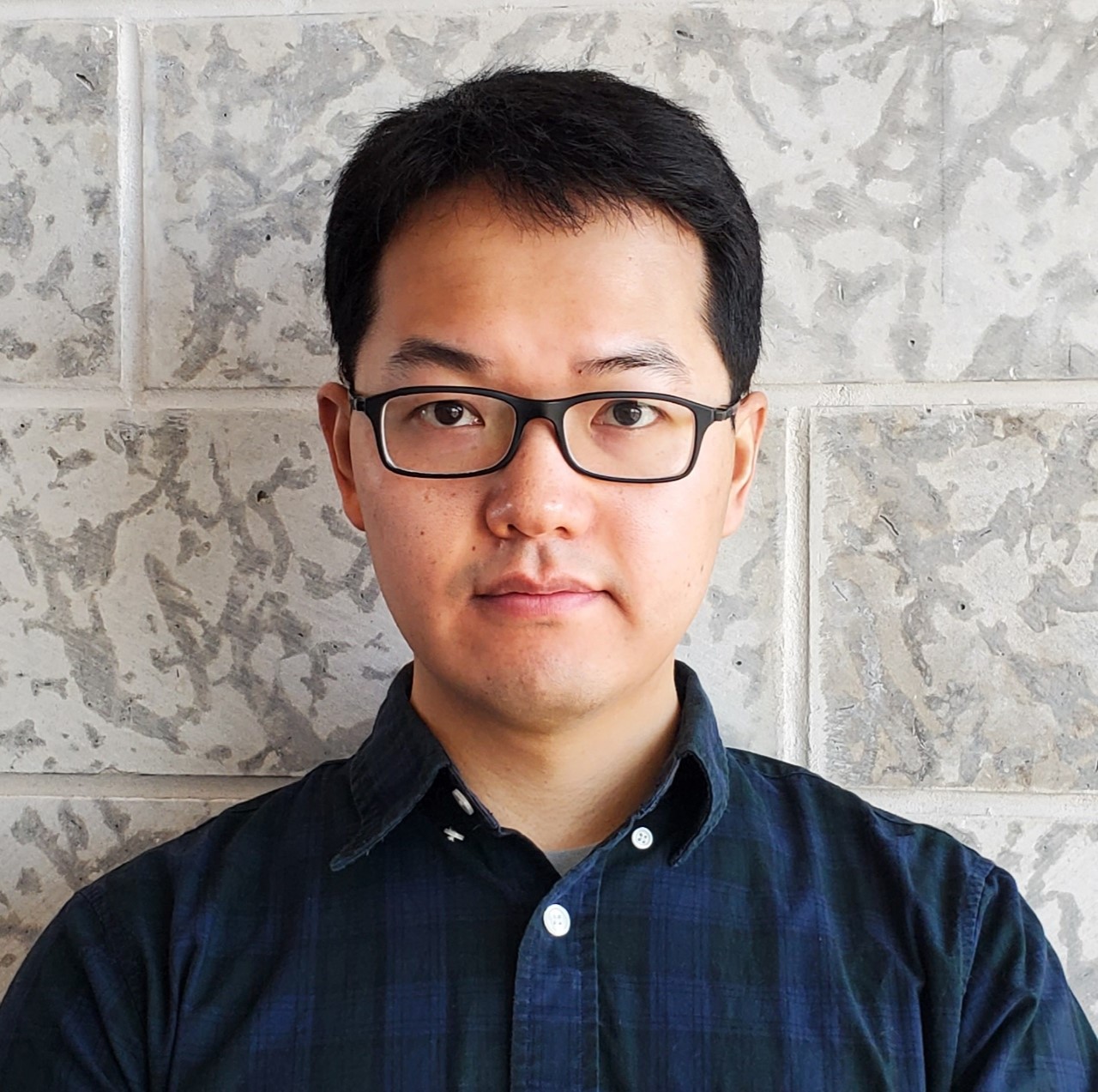
Dr. Dong’s research focuses on how immune cells such as macrophages regulate homeostasis, inflammation, repair, and fibrosis in the central nervous system and beyond. Our long term goal is to discover new therapeutic approaches for chronic diseases and to improve the health and wellbeing of both humans and animals. Specific interests: microglia, oxidized phospholipids, inflammageing, multiple sclerosis, lung-CNS axis

When we don’t drink enough water, two things happen – we get thirsty (of course) and a specific set of neurons in our brain release a hormone (vasopressin) that induces our kidneys to preserve water. Dr. Fisher's lab is interested in the processes by which those neurons sense insufficient water intake and start firing more action potentials and releasing more vasopressin. We propose that these osmosensitive neurons adapt to sustained water deficits by shifting excitatory ion channels from intracellular vesicles to the neuronal surface and that this is an essential mechanism to protect us from the harm caused by excessive dehydration.
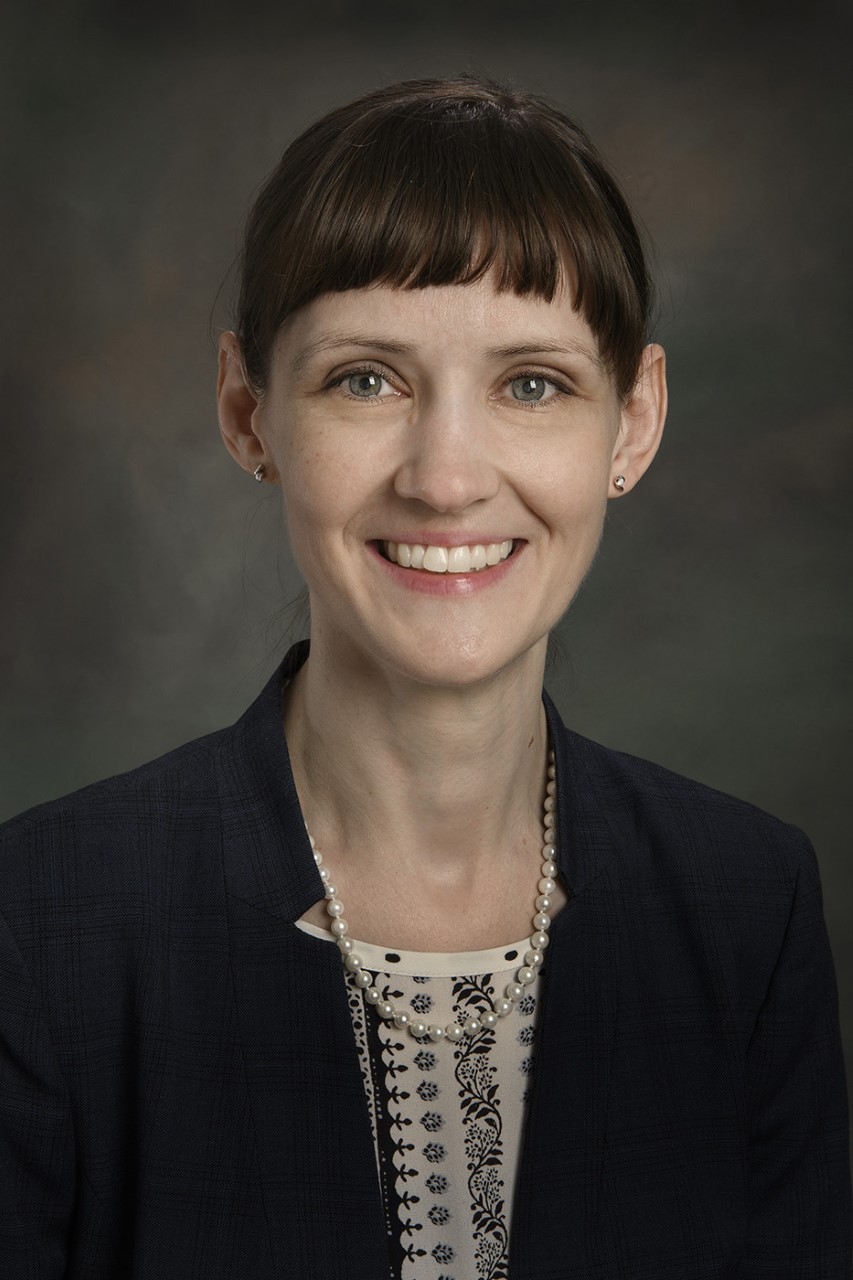
Dr Amanda Hall is a pediatric general surgeon, working at the Jim Pattison Children's Hospital. Her research focuses on bowel adaptation in neonates, following congenital malformations or surgical insult.
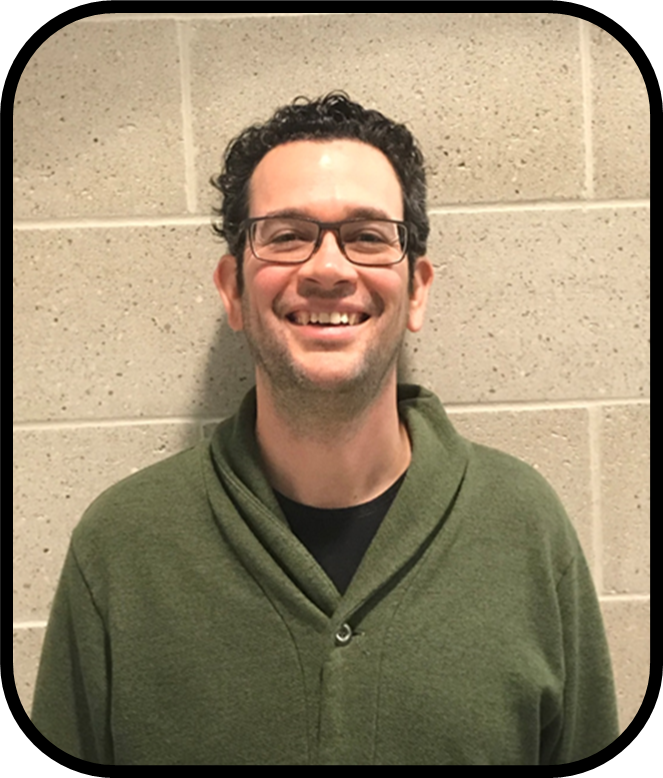
Dr. Howland’s behavioural neuroscience laboratory is interested in animal models of schizophrenia, learning and memory, behavioural and electrophysiological effects of stress, limbic-cortical interactions, synaptic plasticity, epilepsy.
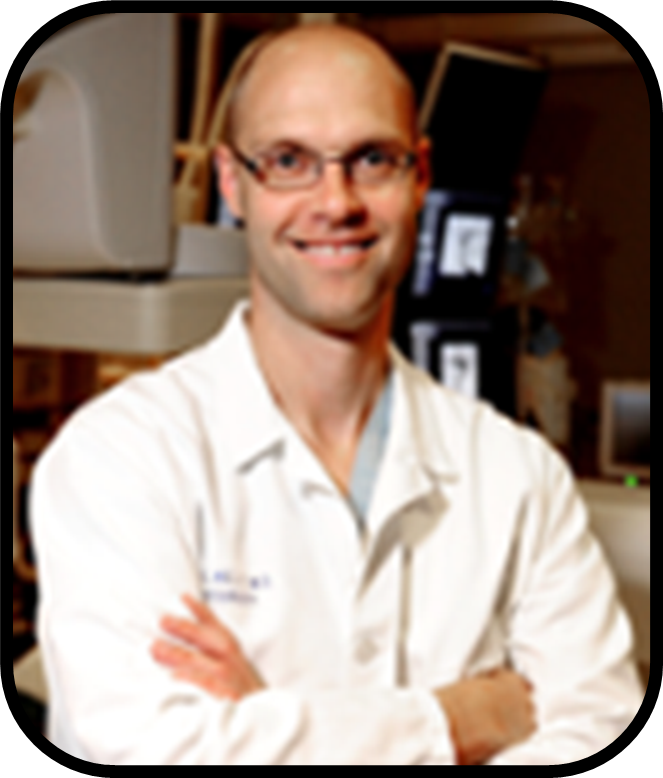
Before joining the Division of Neurosurgery at the University of Saskatchewan, Dr. Kelly Held fellowships at the Cleveland Clinic and Stanford University. At the UofS, his research includes use of Synchrotron Imaging of animal stroke models, assessing neurobiology of motor recovery after stroke using fMRI, and several clinical trials evaluating the efficacy of endovascular stent retrieval of cerebral blood clots.
Dr. Knox is an associate professor at the University of Saskatchewan, Department of Physical Medicine and Rehabilitation. Her clinical practice includes neuro-rehabilitation services, with a special interest in multiple sclerosis. Her clinical research focuses on gait, exercise behaviour, long-term outcomes, and quality of life for people with multiple sclerosis.
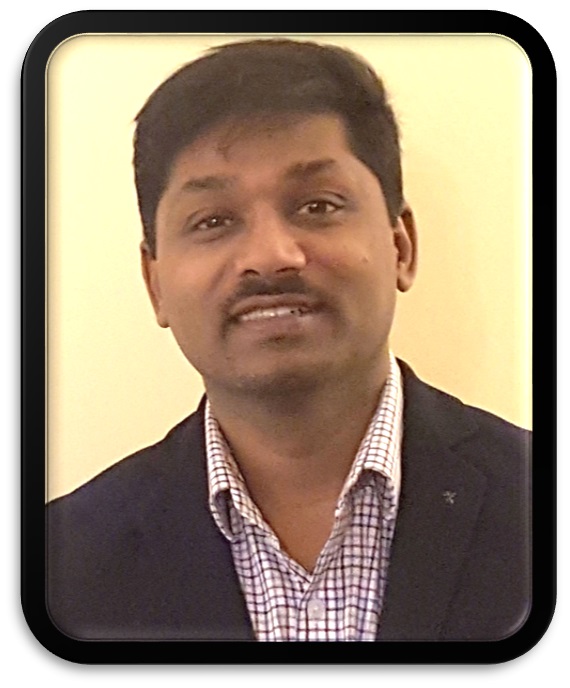
Dr. Krishnan is an Assistant Professor at the Dept. of Anatomy, Physiology, and Pharmacology. He has research interests in nerve regeneration and cancer. There are two research themes in his lab; i) Identification of molecular targets for nerve regeneration and cancer by studying the nerve-tumor interface, ii) molecular and functional characterization of self-renewing resident macrophage in the nervous system to define their roles in nerve homeostasis and regeneration.
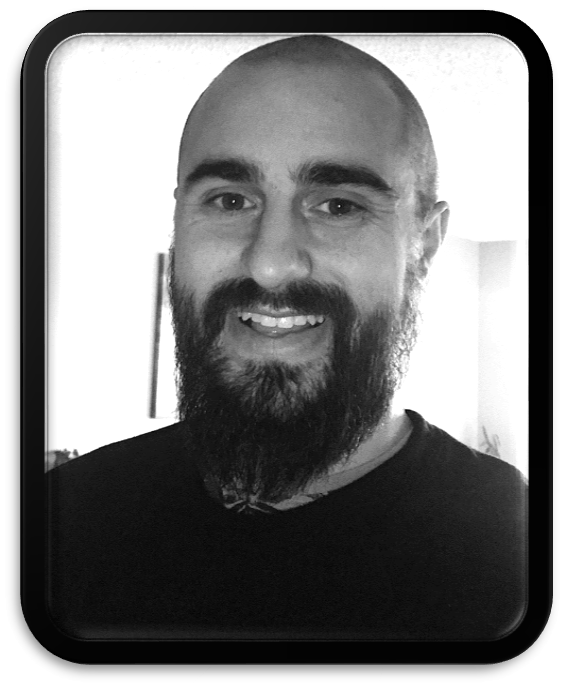
Dr. Laprairie’s molecular pharmacology laboratory is focused on the discovery and development of drugs targeting the cannabinoid receptors - the same receptors that are activated by ∆9-tetrahydrocannabinol (THC) from Cannabis. These cannabinoid drugs are derived from synthetic and natural sources and may be useful for the treatment of pain, anxiety, epilepsy, and movement disorders.

For more than 20 years, we have studied how a protein named heterogeneous nuclear ribonucleoprotein A1 (or ‘A1’ for short) works in neurons. This is important because A1 is central to how neurons function, so when it malfunctions, neurons become injured or die in a process known as neurodegeneration. Neurodegeneration causes permanent disability in MS. Using cutting edge technology including RNA sequencing, CRISPR/Cas9, transgenic mice, viral engineering, and molecular modeling, we discovered that A1 malfunction in neurons causes neurodegeneration in MS and laboratory models of MS. We next designed novel drugs that prevented A1 malfunction and inhibited neurodegeneration, which has the potential to reduce neurologic disability, improve the lives of persons living with MS, and stop MS in its tracks
Dr. Linassi is an associate professor in the Department of Physical Medicine and Rehabilitation. His clinical research interests primarily concern neuro-rehabilitation with a focus on spinal cord injury, ALS, and amputations
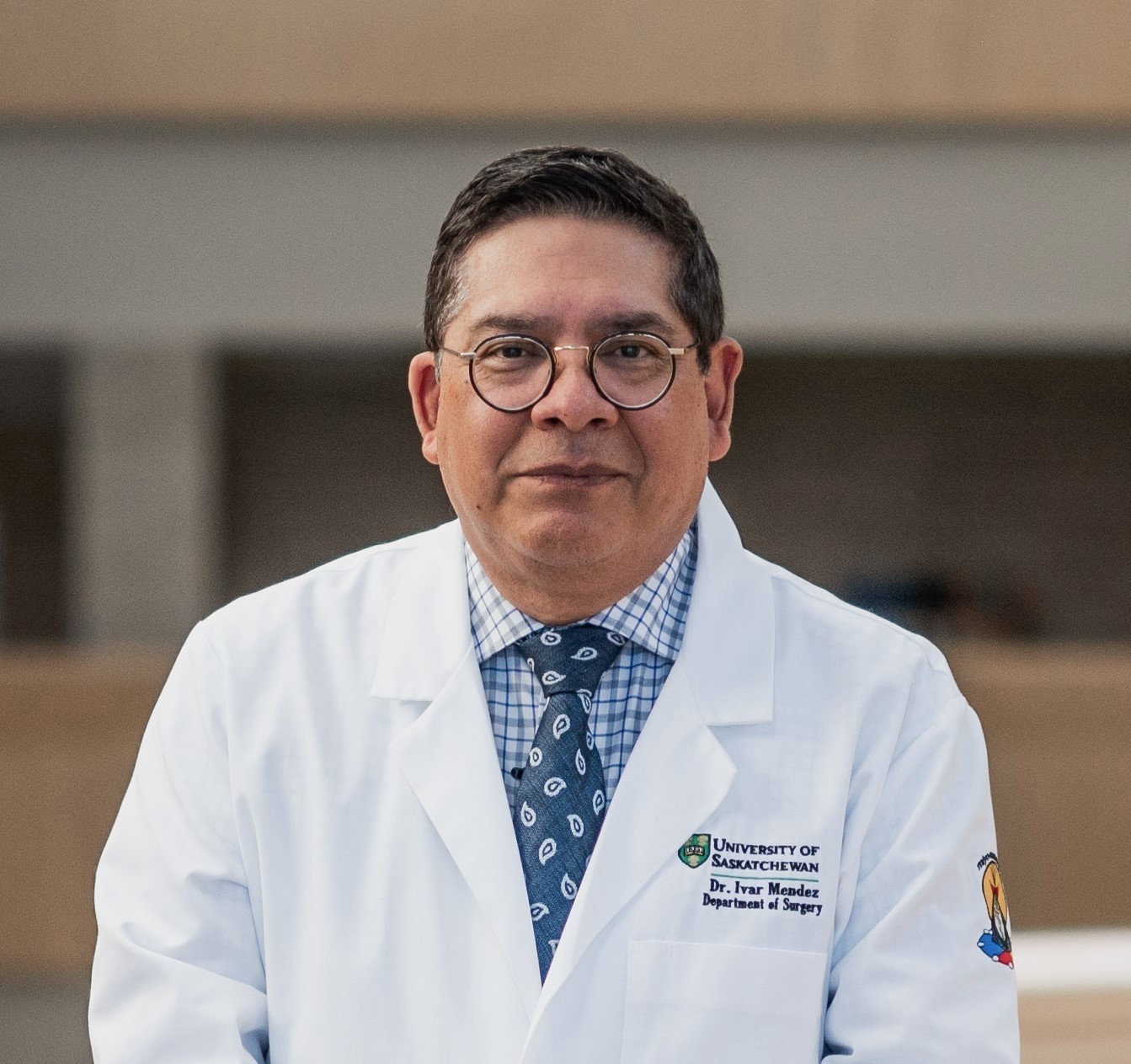
Dr. Mendez’ research focus is in brain repair, functional neurosurgery, robotic neurosurgery and computerized systems in neurosurgical applications. Interests: Parkinson’s disease; stem cells; robotics; neuromodulation.
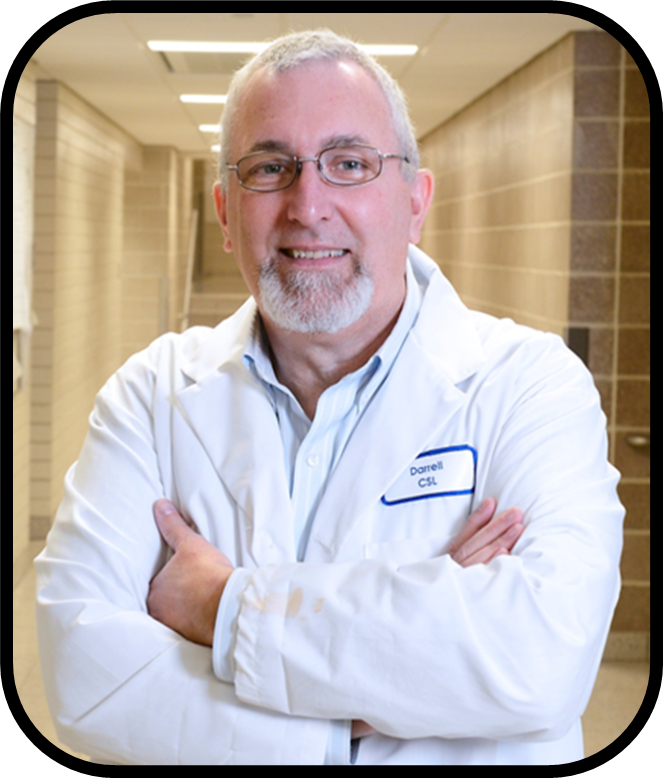
Dr. Mousseau’s goal is to identify the neurochemical and biochemical overlaps between depression and Alzheimer's disease. Interests: monoaminergic dysfunctions in brain and peripheral tissues; Alzheimer's disease; breast cancer; prostate cancer.
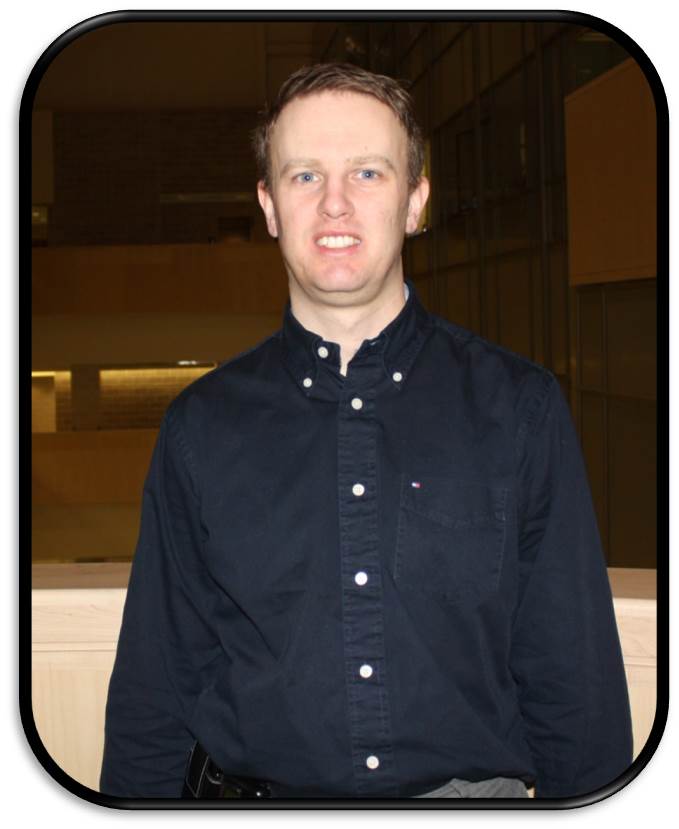
Dr. Norton's clinical and research interests are in the application of neurophysiological methods to reduce neurological injuries during surgical procedures and the development of neural prosthesis and neuromodulation devices based on neurophysiology.
Dr. Paterson studies the role of nutrition in enhancing recovery mechanisms after stroke. Interests: nutrition; stroke; global brain ischemia; neuroinflammation; neuroplasticity; synchrotron-based techniques for brain imaging.
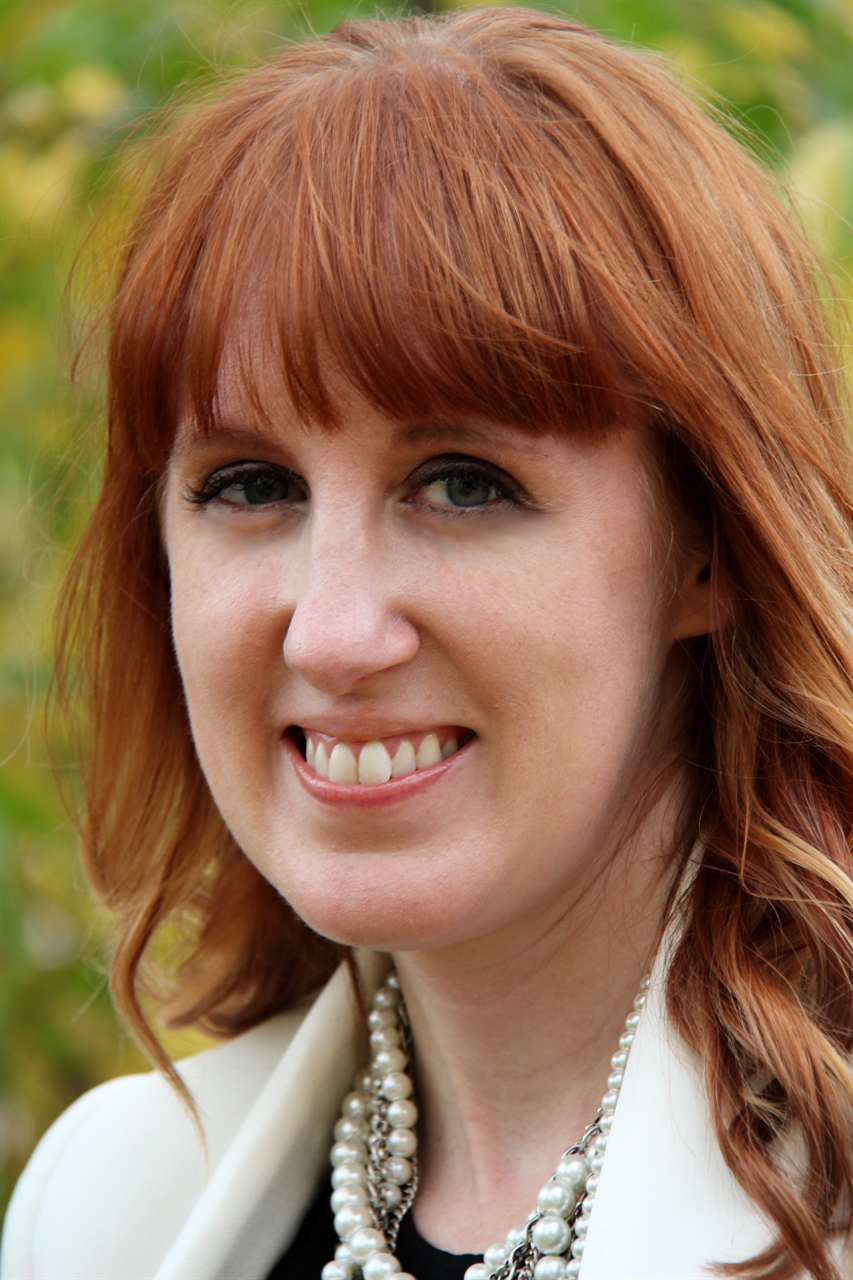
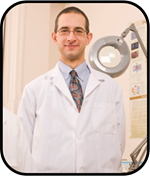
Dr. Rajput’s primary research employs analysis of frozen human brain tissue, clinicopathological correlations, genetics, and neurochemistry to examine movement disorders. Interests: Parkinson’s disease; essential tremor; progressive supranuclear palsy.
Several psychiatric disorders have a metabolic component, highlighting the significance of investigating the role of mitochondria, referred to as the “powerhouse of a cell”, in these conditions. My research program aims to enhance our understanding of the biological mechanisms of mitochondrial dysfunction in mental illnesses, with the ultimate goal of developing mitochondria-targeted therapies for these disorders. The proposed program at the interface of basic and clinical research utilize a multidisciplinary approach encompassing genetics (e.g. CRISPR-based genome editing, bioinformatics (e.g. mitochondrial DNA sequencing analysis), animal model (e.g. Drosophila melanogaster), and bioengineering (e.g. biosensors).
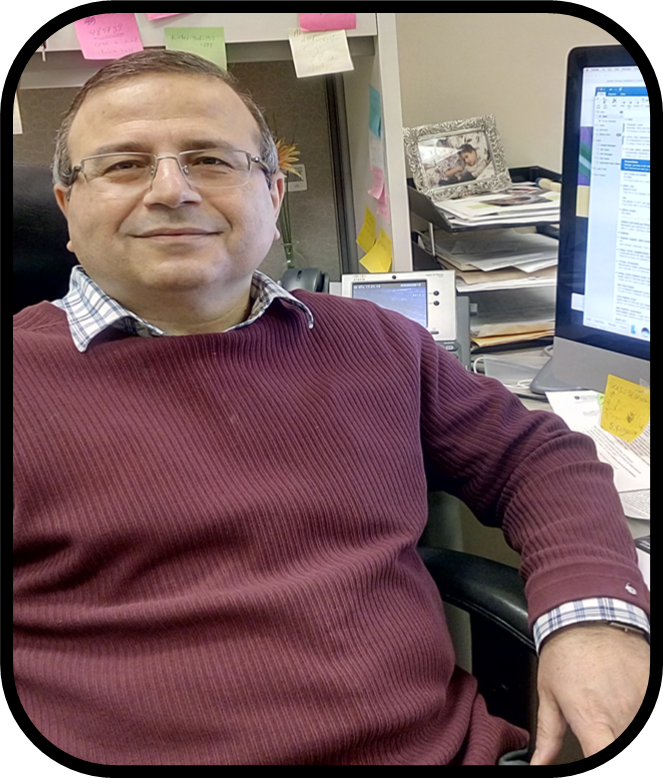
Dr. Taghibiglou studies excitotoxicity in stroke and neurodegenerative diseases, and lipid neurobiology. Interests: stroke; epilepsy; traumatic brain injury; breast and prostate cancer; Cellular prion protein; lipid rafts; designing short bioactive peptides.
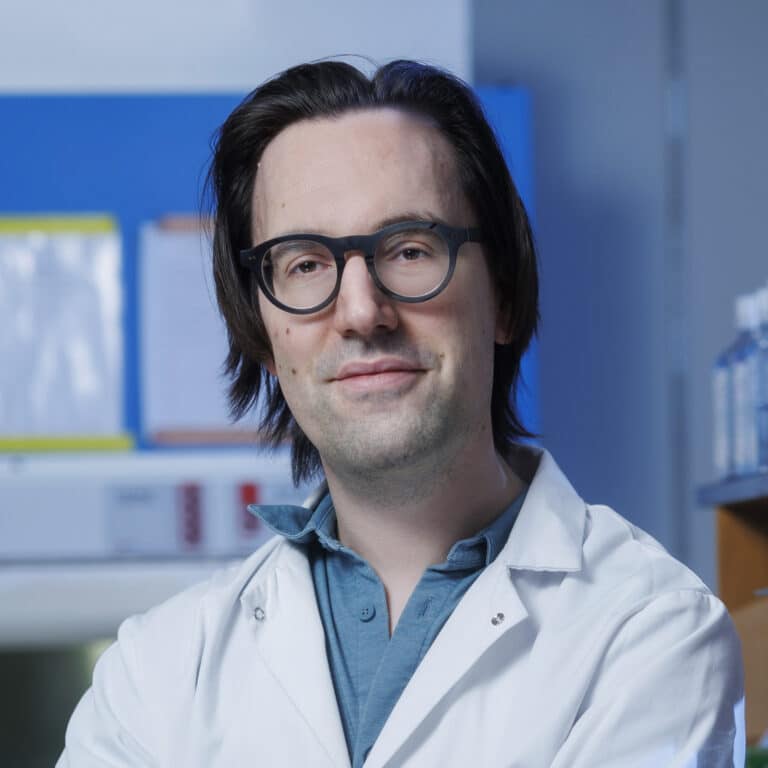
Dr. Wenzel’s research focusses on three questions: 1) Can replacing disease microglia with healthy microglia cure disease? 2) Can patient-derived stem cell models inform on mechanisms driving the onset of diseases? 3) How can we modify care systems to improve the lives of Canadians? Interests: pediatric white matter diseases, adult neurodegenerative diseases, regenerative medicine, stem cells, brain organoids, health care equity If interested in laboratory opportunities, please get in touch by filling out the application form at https://tylerjwenzel.com/contact/